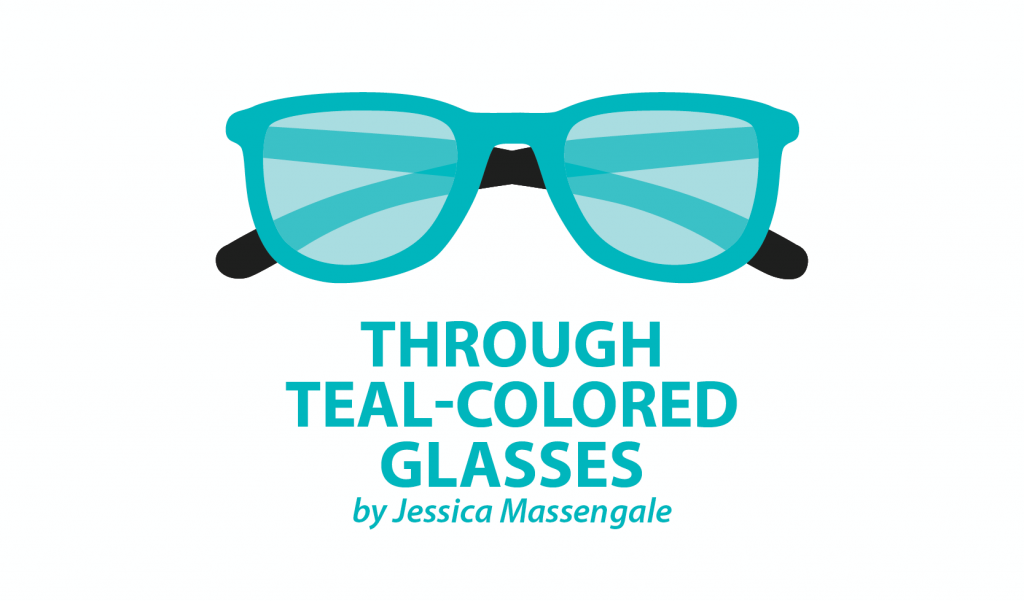The Frustrations of Sounding Like a Broken Record
Written by |

Asking someone for a favor can be an intimidating moment. As humans, we enjoy the satisfaction of being able to independently handle the different things life throws our way, and we take pride in the things we’re able to accomplish on our own. Even if life hinders us with a cold or physical injury, we try to do as much as we can before asking for assistance. For those who are disabled, our entire lives are spent asking for help, and sometimes it can become exhausting.
Every day of a disabled person’s existence depends on someone else. I depend on others to prepare my meals, fix my hair, help with daily chores, and other numerous things. I’m bound by my physical ailment, but surrounding caregivers, friends, (and even strangers) are the ones who have the ability to set me free.
Some days, if I have no choice, I gather my strength and confidence to go out on my own. I enjoy doing things by myself. It reminds me that I can temporarily break loose from the mental bubble scleroderma has placed me in. I run errands like getting gas, shopping, or a quick grocery run. I go to the same gas station, where the attendees are familiar with my situation. They come out to help as soon as they see me walking up to the counter. It’s good to make it a point to chat about the weather or upcoming holidays, to personalize the experience so it doesn’t seem like I’m needy or demanding. In the supermarket, I usually can’t reach things on a high shelf, but the nearest stranger is always happy to help. All I have to do is ask.
On the other hand, we all have days when we don’t feel like talking to anyone, and just want to keep to ourselves. These days are the most challenging because I could come off as rude or moody. I eventually end up requiring someone for something, and am forced to interact even if I don’t feel like it. Scleroderma teaches us patience and to grin and bear situations, even if it’s the absolute last thing we want to do at that moment.
Sometimes I feel as if I’m over-asking, and I get tired of asking for help for the same things every day. I feel like I’m singing a song called, “Can you help me with this?” stuck on repeat, daily.
Relief and gratefulness flood my heart when a person foresees the situation at hand and solves it before the words leave my lips. When someone is one step ahead, it gives hope that I have the support needed to push through. I tell those around me to pretend as if I don’t have hands, so they can try to grasp what it’s like. For example, if I’m driving, the person in the passenger seat is automatically the co-pilot, in charge of changing gears, fastening my seatbelt, and pressing buttons on the dash.
Admittedly, it’s frustrating when someone knows there is a problem, but is oblivious to the fact that help is needed. When this happens, I silently become angry and wonder how they cannot notice. Healthy people hold the power of our happiness in their hands. It only takes a simple gesture or kind word of encouragement, to uplift our spirit. Tuning in to a disabled persons’ need creates a strong bond of trust and comfort, which is the lifeline of our struggle.
Chronic illness is such a difficult journey and it can overshadow many joys of life. If you’re a caregiver, try to put yourself in the other person’s shoes and imagine what it’s like to ask someone for something — every single day. If you’re a patient, voice your needs and let those around you know how their actions affect you emotionally, both good and bad.
The people who are in our lives have the power to keep us stressed or blessed.
***
Note: Scleroderma News is strictly a news and information website about the disease. It does not provide medical advice, diagnosis, or treatment. This content is not intended to be a substitute for professional medical advice, diagnosis, or treatment. Always seek the advice of your physician or other qualified health provider with any questions you may have regarding a medical condition. Never disregard professional medical advice or delay in seeking it because of something you have read on this website. The opinions expressed in this column are not those of Scleroderma News or its parent company, Bionews Services, and are intended to spark discussion about issues pertaining to scleroderma.







Leave a comment
Fill in the required fields to post. Your email address will not be published.